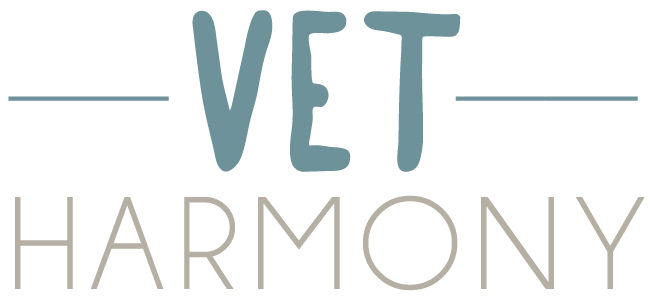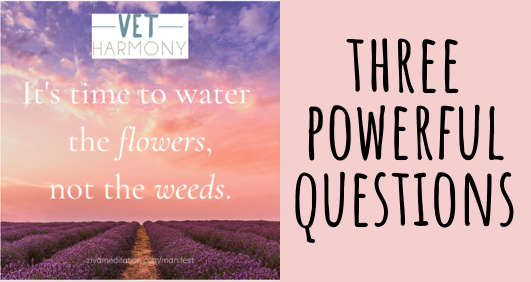I want to start this blog post by giving all of you reading this a big shout out. At the time of writing this in January 2021 we are a week into being back in the third full lockdown.
Whether you’re working in clinical practice, and feeling exhausted from the longer days/smaller teams/tricky clients or whether you’re at home going slightly mad from home schooling or cabin-fever, I see you, I hear you and I want to just say well done for making it through another week!
There will be some of you for whom this lockdown doesn’t change that much, or maybe it even helps with some things. As per my email last week – absolutely zero need for guilt or comparisonitis if that is the case, make the most of it and relax into it where that’s possible.
It will still be hard enough not being able to do all your normal activities and trying not to absorb too much of the collective negativity and fear that’s out there in the media so be gentle with yourselves.
This weekend I want to share with you a really simple journaling practice I learned a couple of years ago that links gratitude and improved mental health.
As I said above, we’re ALL being affected by current events right now, whatever your situation is and so any small daily practices that allow us to find the positives and be happy with the life we have right now, even in the face of all the challenges, is a valuable tool to have in your pocket.
I mentioned this practice briefly in my Reflections for Growth practical session last week for the Wellvet Winter Wellbeing Series which you can catch the replay of here if you missed it.
I wanted to flesh it out in more detail for you lovely lot in my Vet Harmony community however as it really is worth giving it a try.
 You can use this practice daily either as an addition to your yearly personal planning so that you are immediately starting to take action on improving your happiness levels, or as an alternative if annual planning isn’t your thing or you don’t have time.
You can use this practice daily either as an addition to your yearly personal planning so that you are immediately starting to take action on improving your happiness levels, or as an alternative if annual planning isn’t your thing or you don’t have time.
I first heard of this practice while listening to one of two Audible courses – I can’t remember which now, and both are great so here are the references: The Science of Mindfulness: A Research-based Path to Wellbeing or Mind-Body Medicine: The New Science of Optimal Health.
It’s a super-simple technique and it has been proven in research trials to aid mental wellbeing, and the only tools you need are a journal or notebook to write in daily, and 5 minutes of time each evening.
The premise of this technique is that our brain’s natural negativity bias means we are usually much more focused on what didn’t go well during our day and often inadvertently we are therefore programming our brains to look for further evidence of things that are not going well.
To use a gardening analogy, we tend to water the weeds of our mental garden much more than the flowers!
This is something we have the power to reverse by re-training our brains over time to water the flowers instead by paying attention to things that are making us feel good that our brains may literally not be noticing as the thalamus will filter them out of our awareness if our filter is set to “what is going wrong?” mode.
Every evening, maybe after your dinner, sit down for 5 minutes with your journal and run through your day backwards in time, from dinner back up to when you got up, recalling the events, people and situations of the day. Mentally re-trace your steps as if you were watching a video.
You’re going to do this three times and the first time you review your day, ask yourself the question, “What surprised me today?”
Go back through your day in reverse and stop as soon as you find something that surprised you. It doesn’t have to be the most surprising thing of the day, just the first memory that you get to that was surprising.
Write it down. You don’t need to write a lot about it, literally just jot down what it was. The purpose of this exercise is to give you a new perspective on your day, rather than you needing to write an essay on it.
Then repeat the process and ask yourself the second question, “What moved me or touched my heart today?”
Again, go backwards through your day and stop as soon as you get a memory of something that touched you. Write it down.
Finally, ask yourself the third question, “What inspired me today?”, review your day and stop as soon as you find something that inspired you.
And that’s it, you’re done for the day!
When you first start this exercise, you may find that there aren’t any things that surprised, moved or inspired you in your day and that’s ok. Your brain hasn’t yet been conditioned to start looking for them.
However, if you keep at it, you WILL start noticing things – maybe something a colleague did, or a client said, or something beautiful you saw on your journey into work.
Then something magical starts happening.
Just as when you look at one thing on Amazon, and its algorithm says, “oh, you liked that did you? Here’s some more things like that!”, you will begin to gradually condition yourself to notice more and more positive aspects in your daily life and this is how the technique then improves overall mood, happiness and satisfaction levels.
 Often, we think that joy and happiness are only connected to big, life-changing or dramatic events, when in fact the happiest people are those who can find joy in the smallest of everyday moments and with the life they have right now, not the life they wish they had, or are working towards having in 6 months’ time etc.
Often, we think that joy and happiness are only connected to big, life-changing or dramatic events, when in fact the happiest people are those who can find joy in the smallest of everyday moments and with the life they have right now, not the life they wish they had, or are working towards having in 6 months’ time etc.
As you look forwards into 2021 and whatever twists and turns it may bring us, can you commit to training your brain to bring you more joy and happiness right now, even in the midst of everything?
For any practices who are looking at Schwartz rounds, which support practice teams with dealing with the emotional nature of our work, this can be a great group journaling exercise for colleagues where everyone keeps their own daily journal in this way, and then there is some group sharing of what people noticed.
This can help practice teams to appreciate each other more, and to feel more connected to and less resentful of clients etc. which can help right now when hearts are heavy and our bodies exhausted.
It’s also a great family practice to share as well if you’re looking for a practical gratitude practice.
I hope this is useful for you, please do hit reply and let me know how you got on with trying this exercise, I always love to hear your feedback.
Jenny. x
If you need support right now:
I’m now fully operational again, after having had to close my doors temporarily at the end of last year from reaching capacity, so if you’re looking for support right now please check out my Work With Me page for the four different ways you can work with me this year – there is something for every level of budget and support need.

